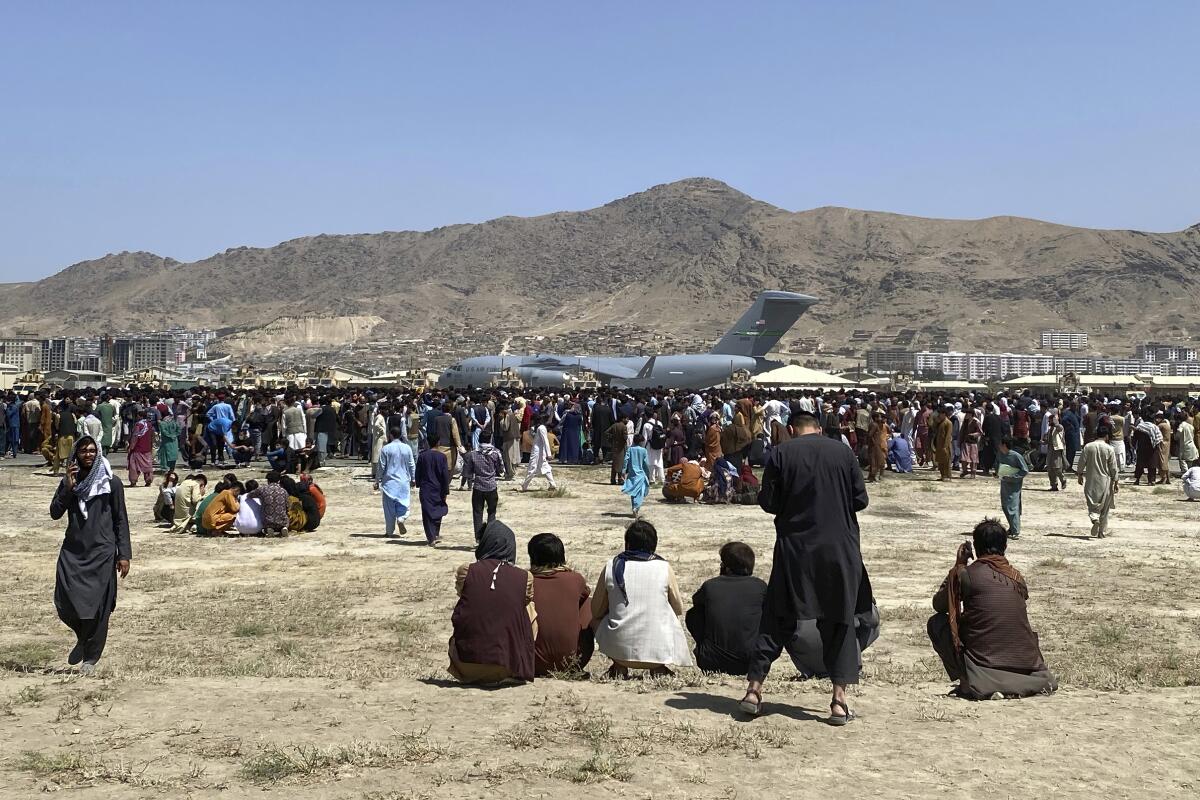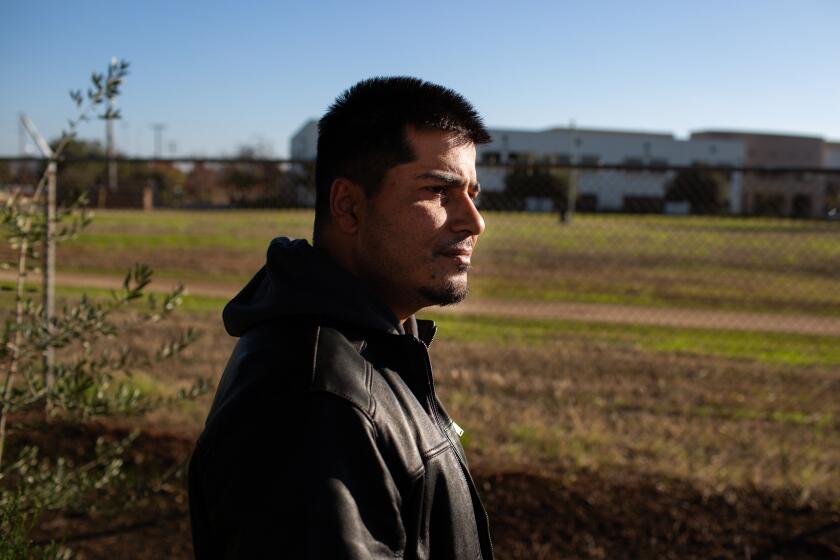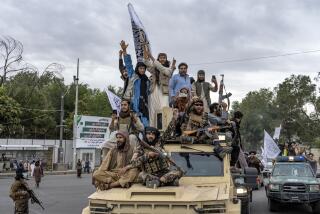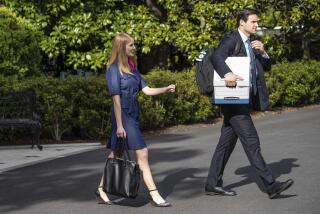As Afghanistan fell, Britain abandoned supporters inside, whistleblower says

- Share via
LONDON — Britain’s Foreign Office abandoned many of the nation’s allies in Afghanistan and left them to the mercy of the Taliban during the fall of the capital, Kabul, because of a dysfunctional and arbitrary evacuation effort, a whistleblower alleged Tuesday.
In devastating evidence to a parliamentary committee, Raphael Marshall said thousands of pleas for help via email were unread between Aug. 21 and Aug. 25, days after the Taliban seized Kabul. The former Foreign Office employee estimated that only 5% of Afghan nationals who applied to flee under one British program received help. He said that at one point he was the only person monitoring the inbox.
“There were usually over 5,000 unread emails in the inbox at any given moment, including many unread emails dating from early in August,” he wrote to Parliament’s Foreign Affairs Select Committee, which is investigating Britain’s chaotic exit from Afghanistan. “These emails were desperate and urgent. I was struck by many titles including phrases such as ‘please save my children.’”
Marshall said some of those left behind had been killed by the Taliban.
One of Marshall’s most explosive allegations is that British officials spent time and energy arranging the evacuation of almost 200 dogs and cats from a Kabul animal shelter run by Nowzad, a charity founded by former British Royal Marine Pen Farthing.
Marshall said Foreign Office staff had “received an instruction from the prime minister to use considerable capacity to transport Nowzad’s animals.” He said British soldiers were put at risk to get the animals out of Kabul.
20 years ago, Cody Prosser became the first Californian killed in Afghanistan. His death became emblematic of the war that followed, one friend says.
Prime Minister Boris Johnson’s spokesman, Max Blain, said the allegation was “entirely untrue” and neither Johnson nor his wife, Carrie, an animal-welfare advocate, had been involved in helping the animals leave.
He said Farthing and his animals left Afghanistan on a privately chartered plane that was given clearance by British officials.
“We are confident that, at no point, clearance for that charter plane interrupted our capability to evacuate people,” Blain said.
As the Taliban took power in August, the United States, Britain and other countries rushed to evacuate Afghans who had worked with Western forces and others at risk of violent reprisals.
Emal Salarzai helped teach elite Afghan troops. Now his parents are on the run from the Taliban, and he can’t find any way to aid them in escaping.
Britain managed to airlift 15,000 people out of the country in two weeks, and the government says it has since helped more than 3,000 others leave Afghanistan.
But an Afghan Resettlement Scheme announced by the government in August with the goal of bringing another 20,000 people to Britain has yet to get underway.
Justice Secretary Dominic Raab — who was foreign secretary at the time of the pullout but was moved to his present post afterward in what was widely seen as a demotion — defended his actions.
“Some of the criticism seems rather dislocated from the facts on the ground, the operational pressures that, with the takeover of the Taliban, [were] unexpected around the world,” he told the BBC. “I do think that not enough recognition has been given to quite how difficult it was.”
Start your day right
Sign up for Essential California for the L.A. Times biggest news, features and recommendations in your inbox six days a week.
You may occasionally receive promotional content from the Los Angeles Times.
Tom Tugendhat, a lawmaker from the ruling Conservative Party who heads the foreign affairs committee, said Marshall’s testimony “raises serious questions about the leadership of the Foreign Office.” The committee is due to quiz senior Foreign Office civil servants later Tuesday.
The Taliban stormed across Afghanistan in late summer, capturing all major cities in a matter of days, as Afghan security forces trained and equipped by the U.S. and its allies melted away. The Taliban took over Kabul on Aug. 15.
Many who had worked for Western powers or the government worried that the country could descend into chaos or that the Taliban would carry out revenge attacks against them.
Many also feared that the Taliban would re-impose the harsh interpretation of Islamic law that they promulgated when they ran Afghanistan from 1996 to 2001. At the time, women had to wear the all-encompassing burqa and be accompanied by a male relative whenever they went outside. The Taliban banned music, cut off the hands of thieves and stoned adulterers.
More to Read
Sign up for Essential California
The most important California stories and recommendations in your inbox every morning.
You may occasionally receive promotional content from the Los Angeles Times.












